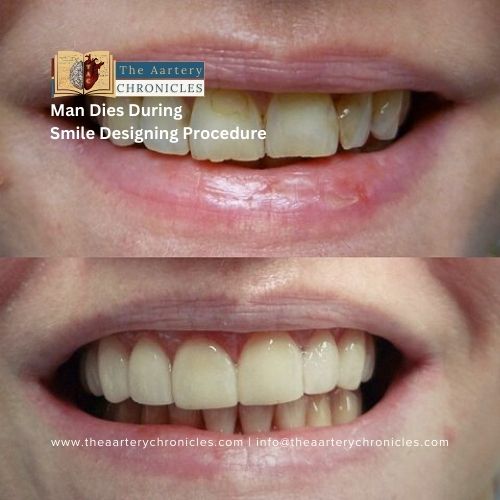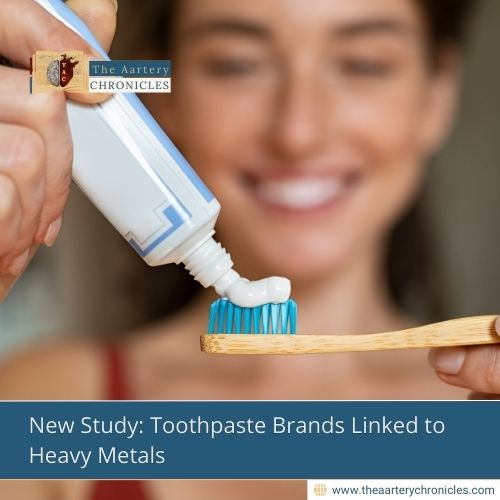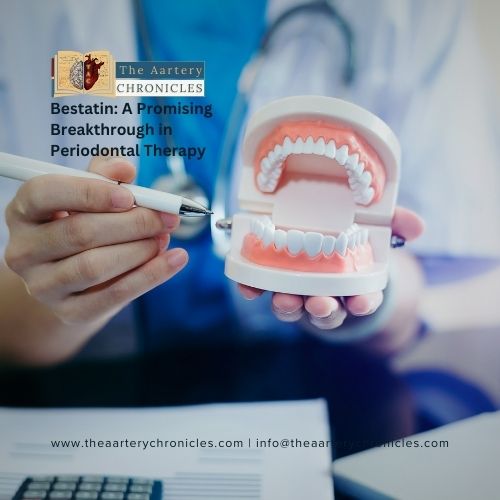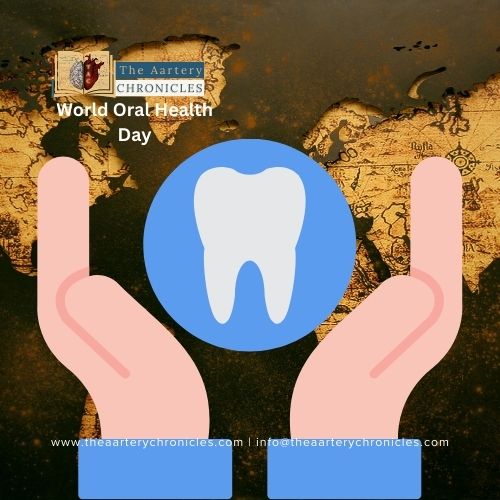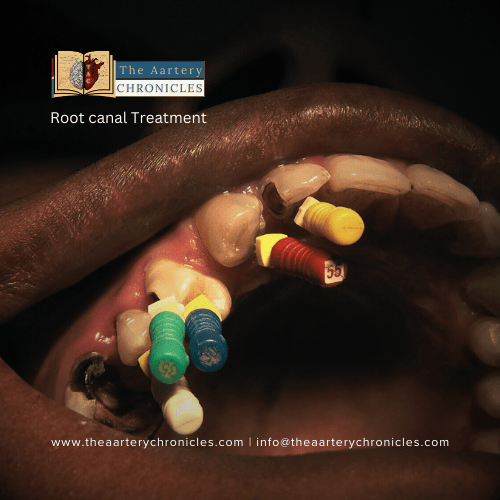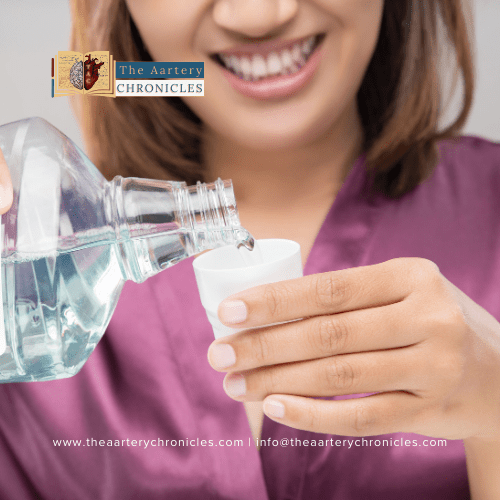
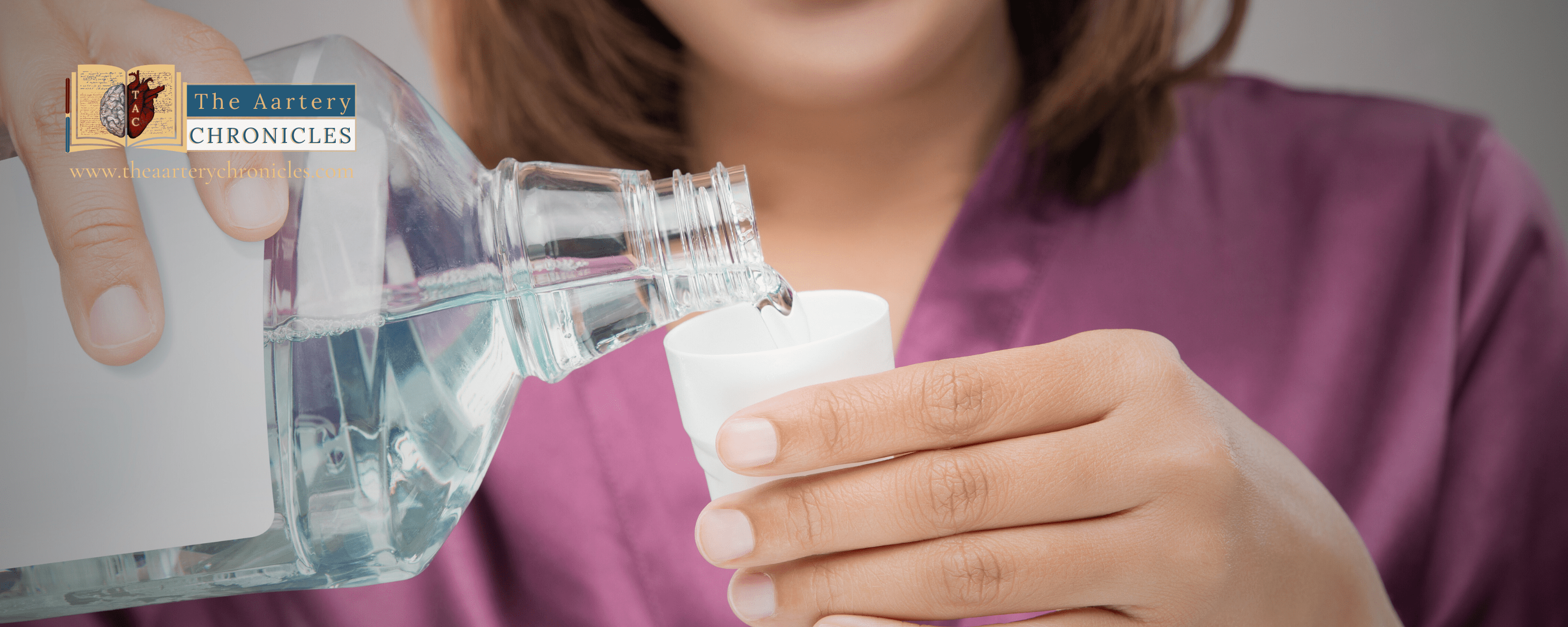
Rinse and Refresh: Types of Mouthwash and Their Multitude of Benefits
Mouthwash is alternatively referred to as oral rinse or mouth rinse. It is commonly used as part of an oral hygiene routine to freshen breath, kill bacteria, and reduce the risk of dental problems, such as gum disease and cavities. Mouthwash can have various active ingredients, including antiseptics, fluoride, or other compounds that help with oral health.
Types of Mouthwash
Fluoride mouthwash
It is a type of oral rinse that contains fluoride, a natural mineral that is beneficial for dental health. Fluoride helps strengthen tooth enamel and makes teeth more resistant to acid attacks from bacteria, which can lead to tooth decay and cavities.
Here are some key benefits of using fluoride mouthwash:
- Cavity Prevention: Fluoride helps to remineralize teeth and prevent the demineralization process that can lead to cavities.
- Strengthening Enamel: It strengthens tooth enamel, making it more resistant to acid erosion and decay.
- Reducing Sensitivity: Fluoride can help reduce tooth sensitivity by blocking exposed dentinal tubules.
- Fresh Breath: Like other mouthwashes, fluoride mouthwash can also freshen your breath.
It’s important to use fluoride mouthwash as part of a comprehensive oral care routine, which should include regular brushing and flossing.
Alcohol Mouthwash
Alcohol mouthwash is a type of mouth rinse that contains alcohol, typically in the form of ethanol. It is used for various oral hygiene purposes. Alcohol mouthwash can offer benefits such as killing bacteria, reducing bad breath, and providing a refreshing sensation.
Yet, it’s crucial to bear in mind some key considerations:
Pros
Antibacterial Properties: Alcohol can effectively kill a wide range of oral bacteria, which can be beneficial for maintaining oral health.
Fresh Breath: Alcohol mouthwash can provide a strong and immediate sensation of fresh breath.
Cons
Dryness: Alcohol can be drying to the mouth, which might not be suitable for individuals with a dry mouth condition (xerostomia).
Irritation: Some people may experience oral irritation or a burning sensation when using alcohol-based mouthwash.
Alcohol-Free Alternatives: Alcohol-free mouthwash options are available for those who wish to avoid the potential side effects of alcohol.
Cosmetic Mouthwash
Cosmetic mouthwash, also known as cosmetic mouth rinse, is a type of mouthwash primarily designed for aesthetic purposes. It is intended to freshen breath, mask odours, and provide a pleasant taste, rather than to provide therapeutic benefits like reducing bacteria or preventing cavities. Cosmetic mouthwash can offer temporary relief from bad breath and may be used for a quick breath freshening effect.
Key features of cosmetic mouthwash include:
- Fresh Breath: Cosmetic mouthwash typically contains flavouring agents and sometimes sweeteners to provide an immediate sensation of fresh breath.
- Temporary Solution: It offers a short-term solution to mask bad breath odours, but it doesn’t address the underlying causes of bad breath.
- No Therapeutic Benefits: Cosmetic mouthwash usually lacks active ingredients found in therapeutic mouthwash, such as fluoride or antimicrobial agents.
It’s important to note that cosmetic mouthwash should not be used as a substitute for regular oral hygiene practices like brushing and flossing, which are essential for maintaining good oral health.
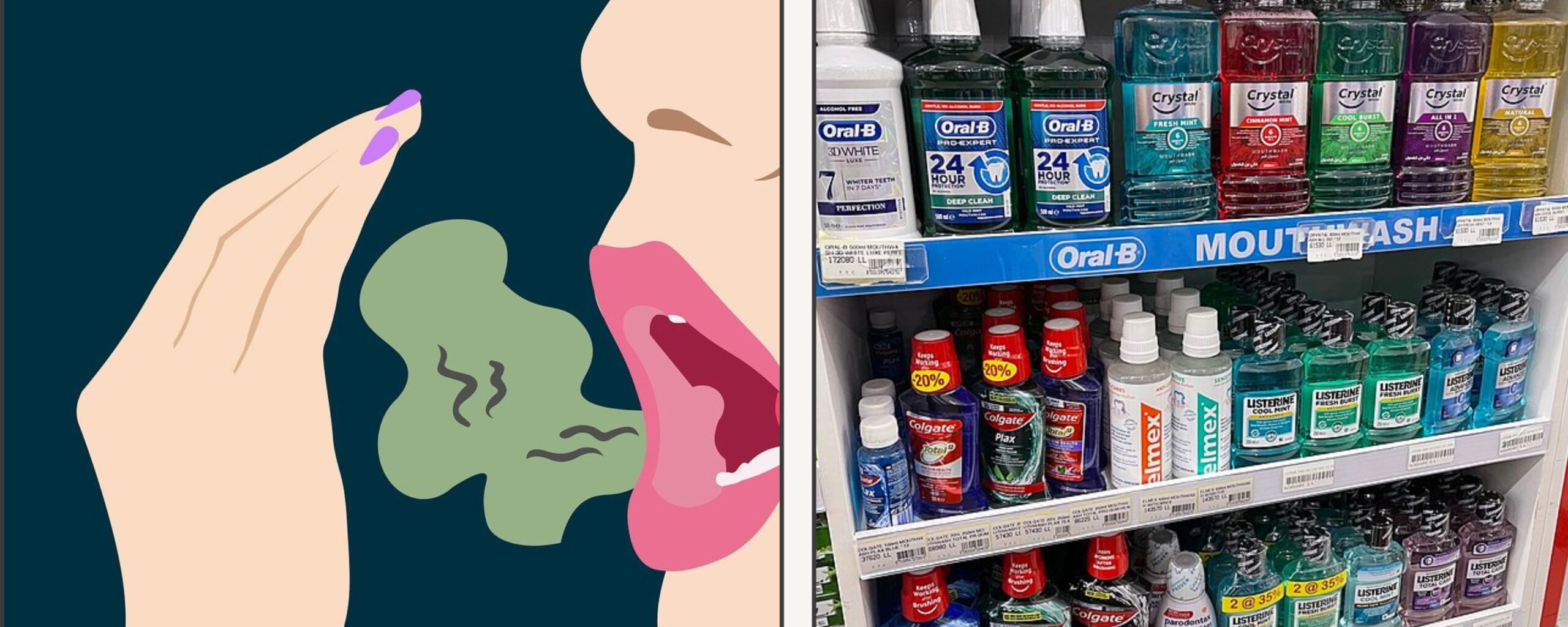
Natural Mouthwash
Natural mouthwash, also known as organic or herbal mouthwash, is a type of mouth rinse that is formulated with natural and organic ingredients, often with an emphasis on avoiding artificial chemicals and additives. These mouthwashes are typically marketed as a more eco-friendly and chemical-free alternative to traditional mouthwashes.
Here are some common characteristics of natural mouthwash:
- Natural Ingredients: Natural mouthwashes often contain ingredients like herbal extracts, essential oils, aloe vera, and other plant-based components.
- Chemical-Free: They are typically free from synthetic chemicals, artificial dyes, and artificial flavours.
- Milder Flavor: Natural mouthwashes may have a milder, herbal, or botanical flavour compared to the strong minty taste of traditional mouthwashes.
- Eco-Friendly Packaging: Some natural mouthwash brands prioritize eco-friendly packaging and sustainable practices.
It’s important to note that while natural mouthwashes may appeal to those seeking more eco-conscious and chemical-free oral care options, they may not provide the same level of therapeutic benefits (such as cavity prevention or bacterial reduction) as traditional mouthwashes containing active ingredients like fluoride or antimicrobial agents.
Whitening Mouthwash
Whitening mouthwash is a type of oral rinse designed to help whiten teeth and reduce surface stains. It is formulated to provide aesthetic benefits by improving the colour and brightness of your teeth.
Here are some key features and benefits of whitening mouthwash:
- Stain Reduction: Whitening mouthwash typically contains active ingredients like hydrogen peroxide or carbamide peroxide, which can help break down and reduce surface stains on teeth.
- Aesthetic Improvement: Regular use of whitening mouthwash can lead to a gradual improvement in the whiteness of teeth, making them appear brighter.
- Non-Invasive: Whitening mouthwash is a non-invasive option for teeth whitening compared to more intensive treatments like professional teeth whitening procedures.
- Complementary to Other Products: It can be used in conjunction with other teeth whitening products, such as whitening toothpaste and strips, for enhanced results.
It’s important to note that while whitening mouthwash can be effective at reducing surface stains and improving tooth colour, it may not provide dramatic whitening results, especially for deep or intrinsic stains. For significant whitening, professional dental treatments may be necessary. Always follow the product instructions and consult with a dentist if you have questions or concerns about teeth whitening
Chlorhexidine Mouthwash
It is a type of antimicrobial mouth rinse that contains the active ingredient chlorhexidine gluconate. It is commonly used for various oral health purposes, primarily for its antimicrobial properties.
Here are some key aspects of chlorhexidine mouthwash:
- Antimicrobial Action: Chlorhexidine is effective at killing a wide range of oral bacteria, making it useful for reducing plaque and preventing gum disease (gingivitis).
- Prescription and Over-the-counter: Chlorhexidine mouthwash is available both by prescription and over-the-counter, with different concentrations of chlorhexidine depending on the specific product.
- Postsurgical Care: It is often prescribed by dentists for post-surgical or post-dental procedure care to prevent infection and promote healing.
- Staining: Chlorhexidine mouthwash can sometimes cause temporary tooth and tongue staining, which is typically reversible after discontinuing use.
- Short-Term Use: Chlorhexidine mouthwash is usually recommended for short-term use to address specific oral health issues, as prolonged use may lead to side effects and alterations in taste perception.
It’s essential to follow the instructions provided by your dentist or on the product label when using chlorhexidine mouthwash. It is typically not used for long-term daily oral care but may be recommended for short-term therapeutic purposes under professional guidance
Conclusion:
Incorporating mouthwash into your oral hygiene routine can significantly contribute to overall oral health. Whether you choose an antiseptic mouthwash to fight bacteria, a fluoride mouthwash to protect tooth enamel, or a natural alternative for a refreshing feeling, the benefits are many. From improving gum health to fighting bad breath, mouthwash is a valuable addition to your oral care arsenal. Remember to choose the right one for your specific needs and consult your dentist to get a personal recommendation. With the right mouthwash and consistent oral care practices, you can achieve a brighter, fresher, healthier smile.

Author: Dr. Hardik Shah,
BDS, Implantologist
- Medicine and Diseases
- Nutrition and Diet
- Biotechnology









